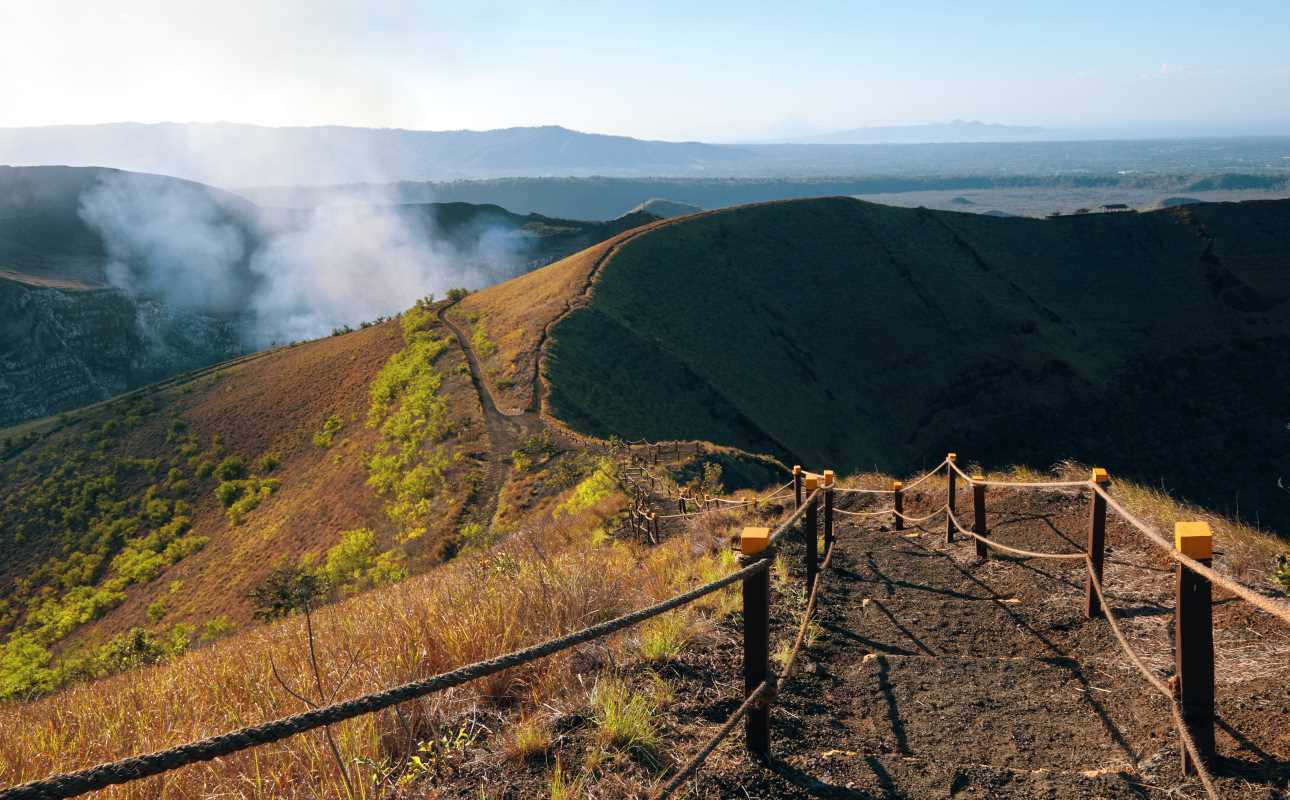Are you planning a working vacation but concerned about how to stay productive while also making the most of your relaxation time? Balancing work and leisure during a trip can be challenging, but with the right strategies, it’s possible to remain efficient and enjoy your vacation. Whether you're a remote worker, freelancer, or just taking some work along on your time off, creating a structured plan can help you maintain productivity while ensuring you also get time to unwind. Below are some essential tips to help you stay productive during a working vacation.
Set Clear Work Goals
One of the most important steps for staying productive on a working vacation is to establish clear work goals. Before you head off, define exactly what you need to accomplish during your time away. Break your work into manageable tasks and prioritize them based on deadlines and importance. Knowing what you need to complete will help you stay focused and prevent you from becoming overwhelmed.
For example, if you're working on a major project, set daily milestones or goals to keep yourself on track. This way, you can make steady progress without feeling the pressure of completing everything at once. By setting clear goals, you can maximize your work hours and reduce the risk of letting tasks pile up.
Create a Dedicated Workspace
Even though you're on vacation, it's important to establish a designated workspace. Find a quiet, comfortable area where you can focus and minimize distractions. Whether it’s a corner in your hotel room, a cozy café, or a local coworking space, creating a dedicated work environment will help you get into a productive mindset.
Having a consistent space where you can lay out your materials and focus solely on work creates a boundary between work and leisure. If possible, try to avoid working from the bed or lounging areas, as this can blur the lines between work time and relaxation. A proper workspace will help you stay organized and reinforce the idea that when you’re in that spot, you’re there to work.
Schedule Your Work Hours
To strike a balance between work and leisure, it’s important to set specific work hours and stick to them. Determine how many hours you need to dedicate to work each day and when you’ll work. For example, you might decide to work in the mornings and take the afternoons to explore your destination. Alternatively, you could split your work hours into smaller chunks throughout the day, depending on your workflow and deadlines.
By creating a schedule, you can ensure you complete your tasks without infringing on your vacation time. Having set work hours also helps establish boundaries between work and relaxation, preventing burnout and allowing you to fully enjoy your time off. Make sure to communicate your work hours to colleagues, clients, or travel companions to avoid any misunderstandings or interruptions during work time.
Take Regular Breaks
Maintaining productivity during a working vacation requires regular breaks. Working non-stop can quickly lead to mental fatigue, which reduces your efficiency and focus. Schedule short breaks throughout your day to step away from your workspace and recharge.
These breaks can be as simple as taking a short walk around your accommodation, grabbing a coffee, or practicing some light stretching or yoga. A change of scenery can also help stimulate creativity and clear your mind, making it easier to return to work with renewed energy and focus. Studies have shown that taking short, frequent breaks can improve concentration and boost productivity.
Minimize Distractions
Distractions are inevitable, especially when you're in a new and exciting location. However, if you want to stay productive, it’s essential to identify and minimize these distractions. Start by silencing notifications on your phone or computer and using tools like website blockers to limit access to social media or other time-consuming websites during your work hours.
If you’re traveling with family or friends, communicate your work schedule and boundaries clearly. Let them know when you’ll be working and ask for their understanding so that you can have uninterrupted focus. By minimizing distractions, you can complete your tasks more efficiently and free up more time for leisure activities.
Stay Connected
Staying connected is crucial when you're on a working vacation, especially if you're dealing with colleagues or clients. Ensure that you have reliable internet access wherever you're staying, whether that means upgrading your mobile data plan or verifying Wi-Fi availability at your accommodation. You’ll also need to bring any necessary tools, such as a laptop, charger, or portable Wi-Fi device, to ensure smooth communication and uninterrupted workflow.
In addition, communicate your availability in advance. Let colleagues and clients know your working hours and your availability for meetings or calls. By managing expectations upfront, you can avoid last-minute emergencies or urgent requests that disrupt your plans.
Remember to Rest and Relax
While it's important to stay productive, don't forget that you're also on vacation. Prioritize time to rest and relax, as this is crucial for your well-being and enjoyment of the trip. Make a conscious effort to switch off from work after your scheduled hours and immerse yourself in the local culture, try new activities, or simply unwind.
Balancing work and leisure is key to having a successful working vacation. By allowing yourself time to relax, you'll return to work each day feeling refreshed and ready to be productive. Plus, taking breaks to enjoy your surroundings can help reduce stress and improve your overall well-being.
Maintaining productivity during a working vacation is all about finding the right balance between work and leisure. By setting clear goals, creating a dedicated workspace, scheduling your work hours, minimizing distractions, and staying connected, you can accomplish your tasks while still enjoying your time away. Don’t forget to take regular breaks and, most importantly, relax and recharge during your vacation. With careful planning and a positive mindset, you can have a fulfilling working vacation that leaves you both productive and refreshed.







